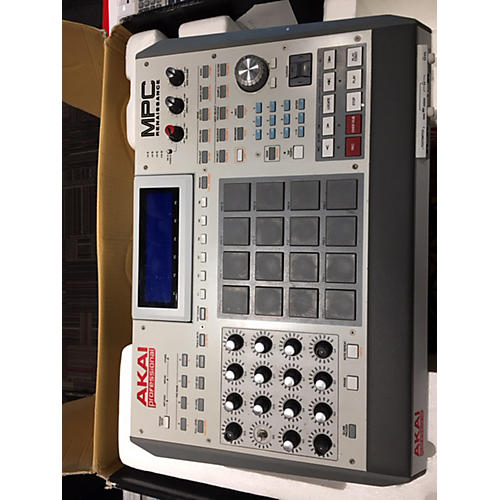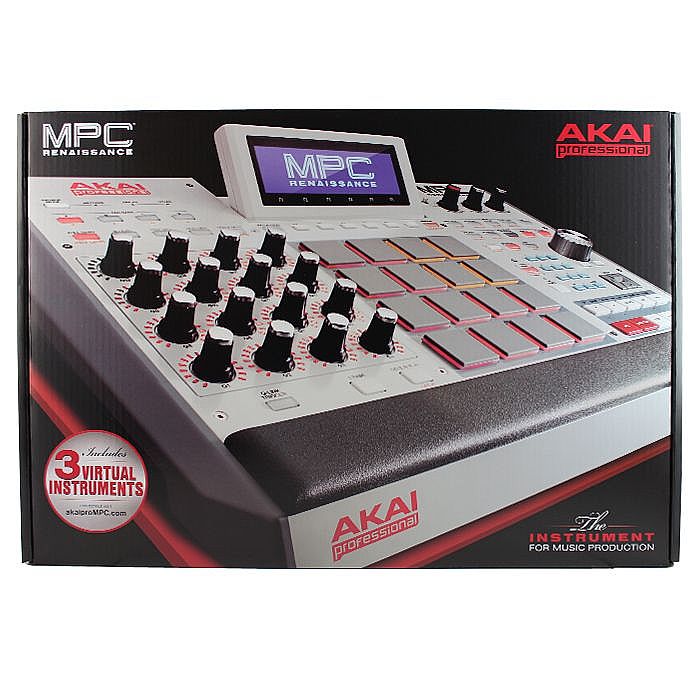
Right now all features are up and running perfectly in standalone mode and it's there that the software proved well thought out and, after more than a week of heavy use, it didn't crash once. "Let's not forget Maschine was pretty buggy and feature-light at first and is now an industry fave" We were also unable to use the audio mixdown/export feature as it's missing from the AU plug-in (works in the standalone) but all of our AU/VST plug-ins loaded eventually. The transport controls don't work on the hardware when the MPC is used as a plug-in in Logic (they work fine in standalone mode but as this is likely a mapping issue), and we weren't able to sample into Renaissance when the MPC was used as a plug-in in Logic but again, no problem in standalone. There are a few major bugs worth mentioning here. For a comprehensive list of bugs/missing features go to and check the Renaissance forum.

The MPC software operates in standalone mode or as a VST/AU plug-in from within your DAW, however that VST/AU is still early work and not bug free just yet. The install is via DVD for all content but a download file upon registration would be better to guarantee future proof upgrades, especially as DVD drives are starting to be phased out on some laptops/towers. (Though you could map other controllers to the software as long as the Akai hardware is connected.) Software setupįor this review Akai provided MPC software version 1.1.03 which we ran under Mac OS 10.6.8, but be aware MPC software will only work on Mac OS 10.6 upwards and that it only works with the Akai MPC hardware connected.

It's great that a two-in four-out 24-bit 96kHz interface is included (a first for an MPC) and Renaissance sounds clear and punchy enough to hold its own as a dedicated audio interface in your studio.


 0 kommentar(er)
0 kommentar(er)
